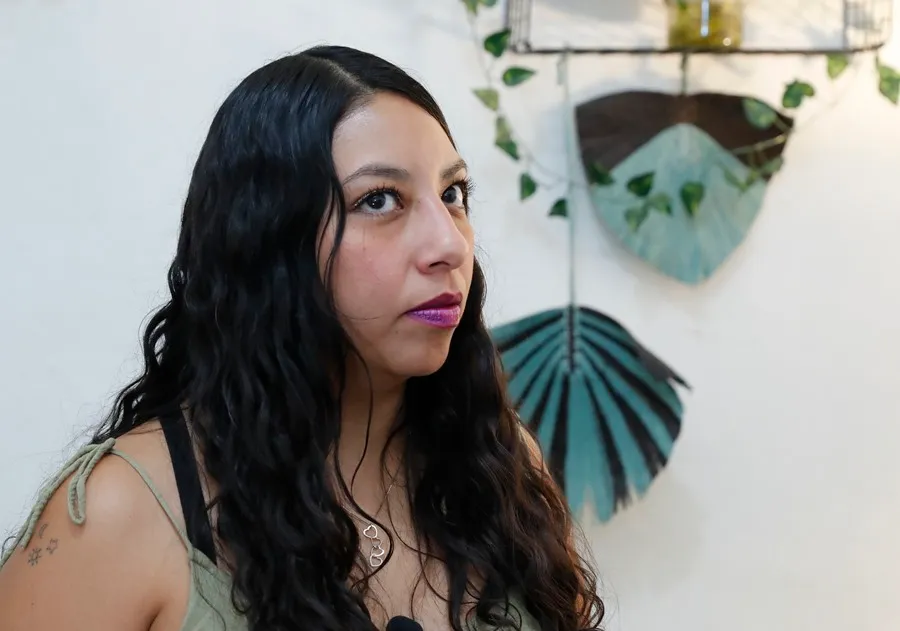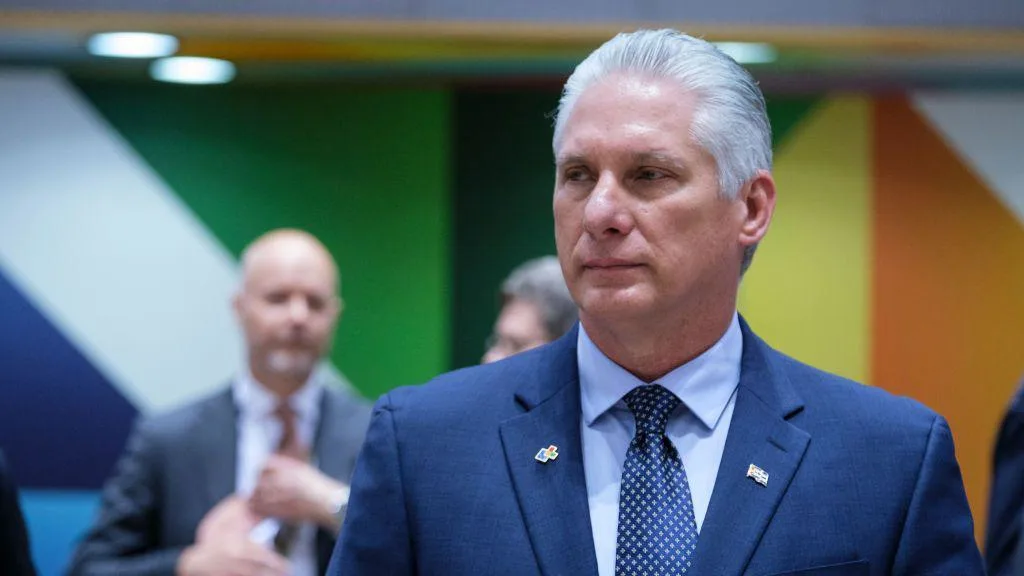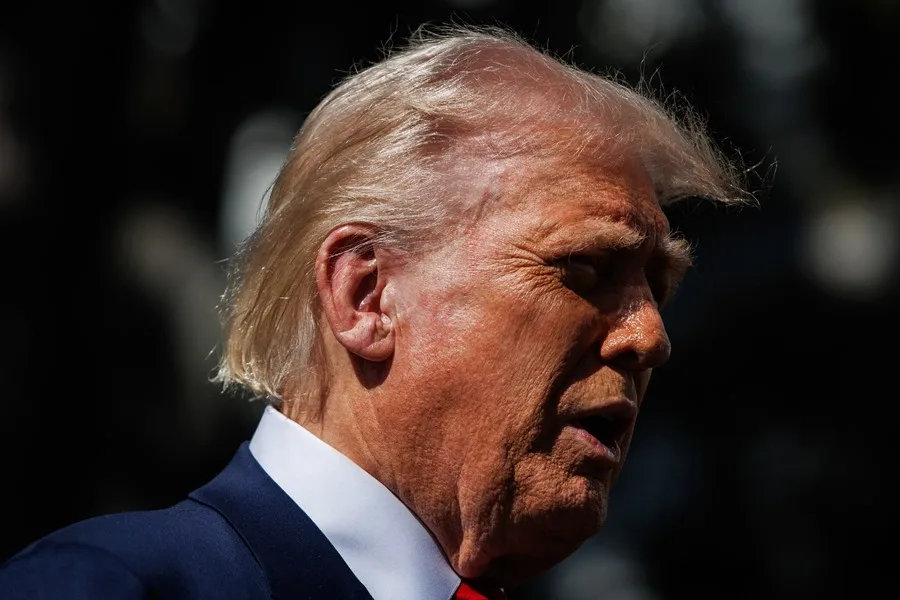International
Safe abortion and without stigma, one of the biggest claims of Mexican women this March 8

Despite the fact that abortion is already legalized in more than 20 of the 32 states of Mexico, many women and pregnant people continue to face barriers to access a safe, timely and stigma-free procedure, a latent claim in the country on the eve of International Women’s Day this Saturday.
Women who have aborted, networks of companions and civil organizations agree that the legal deadlines and causes are insufficient to guarantee this right, and, on the contrary, complicate safe and timely access for most Mexican women.
A few days after the decriminalization in the state of Michoacán (west) last October, Citlalli had to travel to Mexico City to interrupt an unwanted pregnancy, after going through a series of obstacles that prevented her from doing so in her locality.
She was 22 weeks old when she was able to access a safe abortion, although from the beginning she was convinced of her decision, hindered by misinformation and stigma, after the first attempt the medicine failed and she could not go to a clinic for an outpatient procedure.
“And time kept passing,” the woman who preferred to change her name because of the criminalization that persists in the country shared with EFE.
Michoacán is one of the 22 states that have decriminalized voluntary abortion, although limited to 12 weeks, except for Sinaloa (13 weeks) and Aguascalientes, which reduced it to six.
Citlalli was able to travel to Mexico City to abort, thanks to local networks and groups directing her to the Maria Fund, of the NGO Balance, where they provided her with accompaniment and financial support, without which, she says, she would “have had no choice but to have the baby and would not have been able to access a safe abortion.”
Like her, thousands of Mexican women abort in the capital, but many more remain in their states at risk of having unsafe procedures or continuing with pregnancy, despite the Supreme Court’s ruling in 2021 that prevents the criminalization of abortion throughout the country.
Mexico City opened the way in 2007 to free abortion until the first trimester, reforming its laws and opening clinics of Legal Interruption of Pregnancy (ILE), which this 2025 turn 18 years of operating.
Despite being legal, the stigma and lack of medical training have also left their mark on the capital, such as Gaby, who five years ago had an abortion in a public clinic, but faced violence from medical personnel.
Doctors and nurses tried to condition the treatment by refusing to have an intrauterine contraceptive device placed on him, Gaby said, and then they mocked and ridiculed his decision.
“I felt that I was fighting, for my rights (…) and I think that many women feel exactly the same,” said the young woman who tried to report in the clinic, but only found a complaint box and there was never a follow-up, something she continues to claim in every feminist protest.
“I have gone out to march to shout with my sisters for our rights, for this whole patriarchal system that oppresses us so much, that violents us all the time,” he said.
Eliminating abortion from the Criminal Code is one of the main demands of the feminist movement in Mexico, which resonate strongly since last November, when the Congress of the capital was about to eliminate the deadlines for free access.
“The 12 weeks (of gestation) are not enough,” warned Gabriela Millán, of the María Fund, since different barriers intervene access and affect “disproportionately people who are in vulnerable situations.”
The proposal continues in the legislative field, “at the historical maximum it had reached,” said Francisco Cué Martínez, of the Information Group in Selected Reproduction (GIRE).
“It is a real paradigm shift that allows (…) to abandon once and for all that the penal system to determine who, when and how can access a basic health service,” said the lawyer.
International
Venezuela Debates Broad Amnesty Law Covering 27 Years of Chavismo

Venezuela’s Parliament began debating on Thursday a sweeping amnesty bill that would cover the 27 years of Chavismo in power, while explicitly excluding serious human rights violations and crimes against humanity.
The proposed legislation, titled the “Amnesty Law for Democratic Coexistence,” was introduced by interim President Delcy Rodríguez, who assumed power following the capture of Nicolás Maduro during a U.S. military operation.
The legislative session was convened for Thursday afternoon, with lawmakers holding an initial discussion focused on the general principles of the bill. This phase precedes a consultation process with civil society, after which the proposal will move to a final debate examining each article individually.
According to a draft of the bill obtained by AFP, the amnesty would apply to individuals accused of crimes such as “treason,” “terrorism,” and “incitement to hatred,” charges that were frequently brought against political prisoners over the past decades. The scope also includes offenses ranging from acts of rebellion to punishments imposed for social media posts or messages sent through private messaging services.
The bill’s explanatory text emphasizes reconciliation, stating that it seeks to move away from “vengeance, retaliation, and hatred” in favor of “opening a path toward reconciliation.”
However, the proposal explicitly excludes from its benefits crimes such as “serious human rights violations, crimes against humanity, war crimes, intentional homicide, corruption, and drug trafficking.”
These exclusions, the text notes, are based on strict compliance with the Venezuelan Constitution, which already prohibits granting amnesties or pardons for such offenses.
International
Díaz-Canel Calls for Talks With Washington Without Pressure as U.S. Tightens Oil Sanctions

Cuban President Miguel Díaz-Canel said on Thursday that his government is willing to engage in dialogue with the United States, provided that talks take place on equal terms and without pressure.
“Cuba is prepared to hold a dialogue with the United States on any issue that either side wishes to discuss,” Díaz-Canel said during a press conference broadcast nationwide on radio and television.
He stressed, however, that such dialogue would only be possible “without pressure, without preconditions, on the basis of equality, and with full respect for our sovereignty, independence, and self-determination.” The Cuban leader added that discussions should avoid issues that could be interpreted as interference in the country’s internal affairs.
Díaz-Canel’s remarks come at a time when Cuba is facing growing pressure from the administration of U.S. President Donald Trump, which has implemented a series of measures that have restricted the island’s access to fuel needed to generate electricity.
Washington has sought to prevent Cuba from receiving oil from Venezuela, its main ally for more than two decades, and has stepped up pressure to reduce crude shipments from Mexico. In addition, Trump signed an executive order in late January allowing the United States to impose tariffs on countries that sell oil to Cuba.
In that order, the U.S. president declared that Cuba represents an “unusual and extraordinary threat” to U.S. national security and foreign policy, accusing the island of aligning itself with hostile countries and actors.
International
HRW Warns Trump’s Influence Has Weakened Human Rights in Latin America

Human Rights Watch (HRW) warned that the political influence and rhetoric of U.S. President Donald Trump have contributed to a deterioration of human rights conditions across Latin America and the Caribbean. In its World Report 2026, the organization stated that several governments in the region have committed abuses against migrants and citizens, or have used U.S. policies as justification to impose harsher repressive measures.
During the first year of Trump’s new term, HRW observed that multiple countries violated the rights of foreign nationals under direct pressure from Washington. Other governments deepened security strategies based on militarization, mass detentions and excessive use of force, according to the report.
“The impact of the Trump administration has undoubtedly been negative in Latin America and the Caribbean,” said Juanita Goebertus, HRW’s Americas director. However, she emphasized that “governments in the region remain responsible for defending democracy and fundamental rights, regardless of who is in power in Washington.”
HRW also reported that the United States significantly reduced cooperation funding for human rights organizations and independent media. At the same time, countries such as El Salvador, Peru and Ecuador passed laws allowing the arbitrary closure of civil society organizations and media outlets, weakening democratic systems and institutional checks and balances.
The organization further criticized what it described as a “double standard” in U.S. foreign policy, which condemns human rights violations in Venezuela, Cuba and Nicaragua while overlooking serious abuses committed by allies such as El Salvador, Peru and Ecuador. The report also included criticism of the U.S. military attack against Venezuela in early 2026, warning that it could strengthen Nicolás Maduro’s regime and respond primarily to U.S. political and commercial interests.
-

 International2 days ago
International2 days agoEpstein Denies Being ‘the Devil’ in Newly Released Video Interview
-

 International3 days ago
International3 days agoSpain Seeks to Ban Social Media Access for Children Under 16
-

 International3 days ago
International3 days agoMexico to Send Humanitarian Aid to Cuba Amid U.S. Threats Over Oil Shipments
-

 International3 days ago
International3 days agoPetro Resumes Extraditions, Sends Top Criminal to U.S. Before White House Talks
-

 International3 days ago
International3 days agoMexico Arrests Suspect in Shooting of Sinaloa Lawmakers
-

 International3 days ago
International3 days agoHypothermia Linked to Most Deaths During New York’s Recent Cold Spell
-

 International2 days ago
International2 days agoDelcy Rodríguez Takes Control of Chavismo as Venezuela Enters a U.S.-Supervised Transition
-

 International2 days ago
International2 days agoHRW Warns Trump’s Influence Has Weakened Human Rights in Latin America
-

 Central America4 days ago
Central America4 days agoCosta Rica Goes to the Polls as Voters Choose Continuity or Change
-

 Central America3 days ago
Central America3 days agoLaura Fernández Says She Will ‘Never’ Allow Authoritarianism in Costa Rica
-

 Central America10 hours ago
Central America10 hours agoPanama Will Not Be Threatened, President Says Amid Rising Tensions With China
-

 International10 hours ago
International10 hours agoDíaz-Canel Calls for Talks With Washington Without Pressure as U.S. Tightens Oil Sanctions
-

 International10 hours ago
International10 hours agoVenezuela Debates Broad Amnesty Law Covering 27 Years of Chavismo
-

 International3 days ago
International3 days agoNFL Investigating Emails Linking Giants Executive to Jeffrey Epstein
-

 Central America10 hours ago
Central America10 hours agoBukele’s Approval Rating Climbs to 91.9% in El Salvador, Survey Shows


























